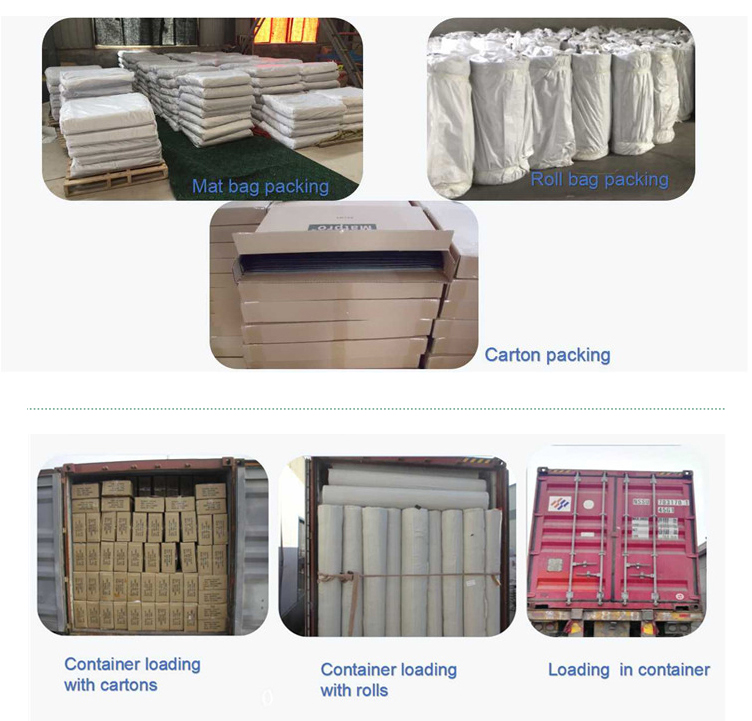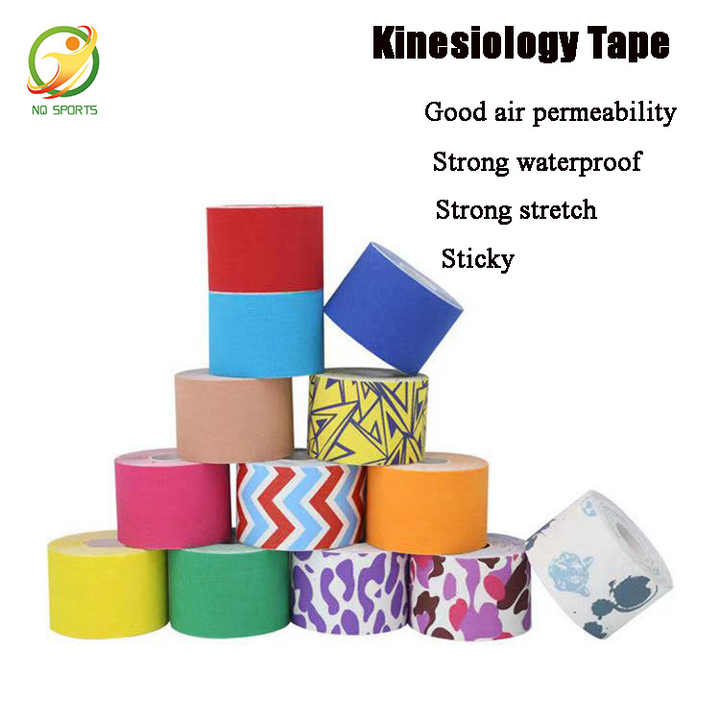The Impact of Plastic Carpets on Human Health
Plastic carpets, commonly used in homes and businesses, can have negative impacts on human health. These impacts can include respiratory problems, allergic reactions, and even cancer. Plastic carpets trap dust, allergens, and other pollutants, which can then be inhaled or come into contact with the skin. Some plastic carpets also contain harmful chemicals, such as formaldehyde, which can cause irritation and allergic reactions. Therefore, it is important to choose safe and environmentally friendly materials for carpeting, such as wool or cotton, to reduce the negative impact on human health.
In today's world, plastic carpets have become a common sight in both residential and commercial spaces. These carpets, made from synthetic materials, are often chosen for their durability, affordability, and diverse range of designs. However, there is a growing concern about the potential harmful effects of plastic carpets on human health and the environment.
1. Harmful Chemicals and Gas Emissions

Plastic carpets are often treated with chemicals during manufacturing to enhance their colorfastness, add flame retardants, or improve their overall durability. These chemicals, when released through normal use, can have adverse effects on people's health. For example, some plastic carpets emit volatile organic compounds (VOCs) that can cause headaches, nausea, and respiratory problems.
2. Allergic Reactions and Sensitivity
Some individuals may experience allergic reactions when exposed to certain chemicals or materials used in plastic carpet manufacturing. This can manifest as skin irritation, nasal congestion, or difficulty breathing. People with pre-existing respiratory conditions, such as asthma, may be particularly sensitive to these reactions.
3. Indoor Air Quality
Plastic carpets, especially those with heavy chemical treatments, can negatively impact indoor air quality. When these chemicals are released into the air we breathe, they can contribute to poor indoor air quality, which can have adverse effects on our health in the long term.
4. Disposal and Environmental Impact

The disposal of plastic carpets also poses significant environmental challenges. Many plastic carpets are not biodegradable, meaning they can contribute to the growing problem of plastic pollution. When these carpets end up in landfills, they can leach chemicals into the soil and water table, further harming the environment and our health.
5. Alternative Solutions
Given the concerns about plastic carpets, it is increasingly important to consider alternative flooring options. Natural fiber carpets, such as those made from wool or cotton, are not only environmentally friendly but also do not off-gas harmful chemicals. Additionally, tiles or wooden floors can provide a healthier and more sustainable alternative to plastic carpeting.
In Conclusion
While plastic carpets have their place in the market due to their low cost and aesthetic appeal, there are growing concerns about their long-term impact on human health and the environment. It is essential to weigh the pros and cons of these products before purchasing, considering the significant role they play in our daily lives and the impact they have on our health and the environment. Steps should be taken to reduce our reliance on plastic carpeting and explore more sustainable and environmentally friendly alternatives.
Articles related to the knowledge points of this article:
Mastering the Art of Tie Knotting: A Comprehensive Guide to Slow-Motion video tutorials
Title: The Alluring World of Gucci Belts: A Comprehensive Guide to Price Ranges
Title: Mastering the Simple Art of Tying a Tie: A Comprehensive Guide
The rise of the short-sleeve羽绒服
Feathered jackets: a winter essential at the mall
Title: Mastering the Art of Sun-Proof Shawl and Scarf Ties: Protect Your Skin While Embracing Style



